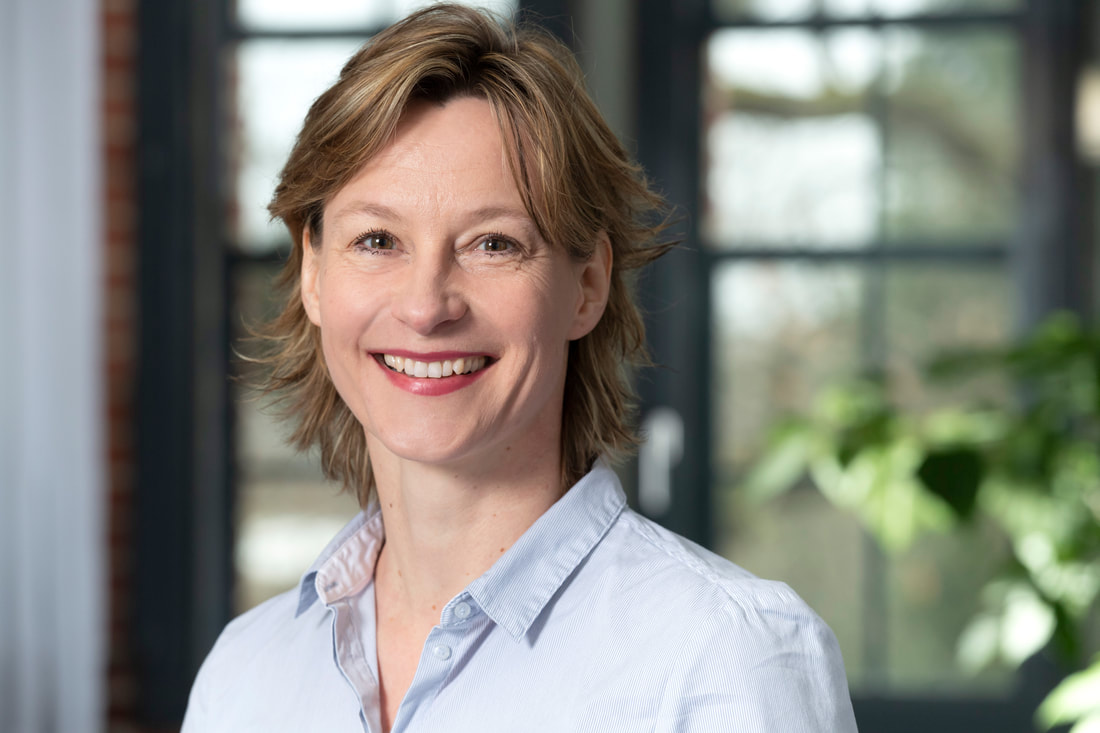The integrating concept of ecohydrology fascinates me. For me ecohydrology is the connection between landscapes and riverscapes, i.e aquatic and terrestrial ecohydrology. It is interesting to see how separated the aquatic and terrestrial ecohydrology communities often still are and operate. To be able to understand what happens in our rivers and lakes we - of course - have to understand the processes in the landscape; both landscape and riverscape are closely intertwined. So, to me ecohydrology means to better understand the spatio-temporal variability of the aquatic and terrestrial ecohydrological connections and the “behaviour” of catchments.
What are your undergraduate and graduate degrees in?
I have an undergraduate degree in Geography from the University of Potsdam, Germany, a MSc (or Diploma) in Physical Geography and Landscape Ecology from the University of Hannover, Germany. I did my PhD in Hydrology at the University of Freiburg, Germany. So, I have quite a “blue water” background but since my Postdoc I got to know about “green water” fluxes as well.
How did you arrive at working in/thinking about ecohydrology?
During my PhD I conducted an ecohydrological assessment of urbanization effects on discharge regimes. However, I really got pulled into (aquatic) ecohydrology when I started my postdoc in Scotland when I saw my first Atlantic salmon (Salmo salar) jumping up large rocky barriers back to its spawning ground which was simply amazing. So my first ecohydrological work examined hydraulic and hydrological influences on the ecology of different life stages of Atlantic salmon. I then extended this work to explore the utility of the concept of connectivity between landscapes and riverscapes, showing the effects of catchment-scale hydrological processes on the migratory movement of adult salmon. In parallel with my aquatic ecology research, I became increasingly involved in stable isotope hydrology that has sought to understand the influence of landscape controls on (eco)hydrological flow paths and the transit times of water in different catchments, as well as the interlinkages with and effects on the terrestrial and aquatic biota. Recently, my work centered on contextualizing findings more broadly into the relationship between structure and function of catchments; their response to climate change and how the ecohydrological implications differ across catchments.
What do you see as an important emerging area of ecohydrology?
There are still so many ecohydrological processes which we are just beginning to understand. Some of these processes – which might occur at very high temporal resolution or high frequency – we might even just begin to be able to actually measure with new sensor and in-situ technology. But one of the big emerging research areas I see is the ecohydrology of urban areas. Urbanization is increasing world wide, and urban systems are even more complex than “natural” catchments. Urban systems are “artificial catchments”, which have profoundly different dynamics compared to natural systems. Monitoring is often limited in urban settings (due to vandalism and access limitations). So, understanding ecohydrological couplings and connectivity in an urban context; that’s still a major emerging area in my point of view. There is still so much to learn and find out about urban ecosystems.
Do you have a favorite ecohydrology paper? Describe/explain.
My favorite ecohydrology paper which I still cite very often is an Invited Commentary published by Catherine Pringle in Hydrological Processes in 2003 (already!) on “What is hydrologic connectivity and why is it ecologically important?" It nicely explains the concept and need of interdisciplinarity and also highlights emerging issues of global concerns – many of them still very much hot topics still today.
What do you do for fun (apart from ecohydrology)?
Fortunately, our area of research always gives us a wonderful “excuse” to spend a lot of time in and with nature and water – and that’s what I love to do for fun. I love running and road cycling. Now, we are a couple of two professors in two different countries and our family splits their time between our new home in Berlin and Scotland. Berlin is such a green big city, with loads of green spaces and lakes and rivers to swim in (and wonderful to study urban ecohydrology). And Scotland of course has its mindblowing landscape of rivers and mountains. I feel extremely lucky to be able to have the best of these two worlds. Yoga and Pilates also is fun.

 RSS Feed
RSS Feed